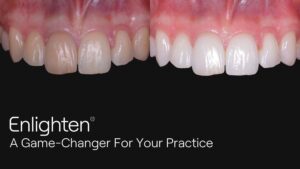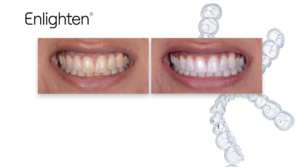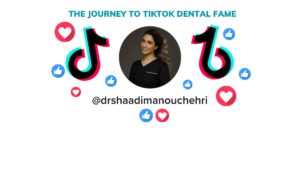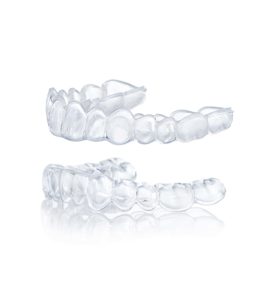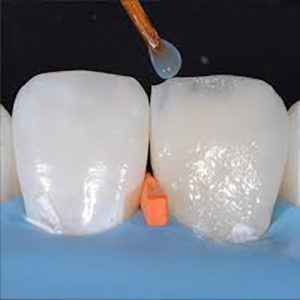Can general dentists do orthodontics?
Dr Tif Qureshi talks to us about whether or not general dentists should be doing orthodontics and what that means for patients.
In a world of convenience is it too much to expect a general dentist to be able to do orthodontics too? Read on as Dr. Tif Qureshi, Prav Solanki & Dr. Payman Langroudi discuss.
Dr. Payman Langroudi: Where do you have the confidence to go up to the world’s top orthodontist as a GDP and say, “I’m doing this. What do you think?”
Dr.Tif Qureshi: That’s where you’ve got to thank people like the BACD. You get the opportunity too and you’ve got to always be grateful for that in reality.
But the fact is I was thinking that way, and I was thinking that way in an environment where others weren’t. And I’m not saying that it would’ve been exactly the same, but I was heading that way anyway. So I would’ve spoken to one person or another. I just wanted to validate it and make sure that this was something that I was doing as well as I could.
Dr. Payman Langroudi: Have you ever thought, or maybe I’ve even heard you or read about you saying this. But today it would be impossible because you’d be so scared of the legal ramifications of being the only one doing something.
A general dentist who doesn’t do ortho is dangerous
Dr. Tif Qureshi: I think you’re totally right, Pay. And I think that’s actually quite a sad statement really. We’ve all being lucky to a certain degree for the times we’ve lived in. But nowadays, yes, you probably would fear it.
However, I’m getting to the point where I’m just turning that argument around, where I used to hear and I still hear people say, “If a general dentist does ortho, it’s dangerous.” Well, actually I flip the argument around now and say that “A general dentist who doesn’t do ortho is dangerous, okay?”
And I can justify that based on the fact that a lot of dentists don’t understand the concept of constricting envelopes. And why do envelopes constrict? Because teeth move.
And how do you fix it? Not restoratively. Yes, you can do some restorative work, but you need ortho.
And there are probably, I’d estimate, millions of patients around the world who have a repeatedly chipping front tooth. And the dentist’s solutions is another composite, another composite, or a splint and a lot of those patients end up with crowns.
And if the dentist understood that they needed a little bit of ortho to get the right overjet, the right overbite, a bit of bonding to improve the overbite you’d probably find that actually a lot fewer people would have anterior veneers or crowns. I’ve seen that. It’s absolutely clear, and I think it’s a really strong part of the message now.

So what I would say, and this is controversial, but if you’re a general dentist, and you’re my general dentist, and you couldn’t do any ortho, I wouldn’t even sit in your chair.
That’s just what I would say. I wouldn’t even sit in your chair. If you needed to do my endo, I’d be all right with that, but if there was some anterior, and your solution for my front tooth that kept chipping was a crown, no way am I sitting in your chair.
Dr. Payman Langroudi: The thing is, saying it now with your record, you can basically say what you like, and everyone will pay attention. But back then saying stuff like that as a GDP from Kent, I find it super interesting.
Dr. Tif Qureshi: Well, I was saying stuff. And actually, we stuck our neck out, and we were showing what we were doing. And you know if you stick your head out, there’ll be people who want to shoot you down.
I got a couple of invites to places where I was terrified, the audience would be full of orthodontists. But the reality was when they sat and watched what we were doing, many of them have come up to me after and said, “Actually, you’re doing just the front teeth. You’re looking at what’s actually going on.” So the key part here, and this is where people like Ross Hobson have actually made a huge difference, is actually to validate the fact that what we’re trying to do is make sure the patients understand the difference between comprehensive treatment versus the compromise. That’s the key.
As long as you can diagnose the case completely, and you’ve got to diagnose it, not somebody else. This is really important, and you can explain to the patient why doing just the front teeth is okay versus actually what the patient may really need, which is having the full mouth done. It really shouldn’t be a problem at all. And once we brought that message in, I think it’s made it clear that there’s nothing wrong with doing this. And that actually, you’ve got to start thinking about doing it if you’re not doing it already.
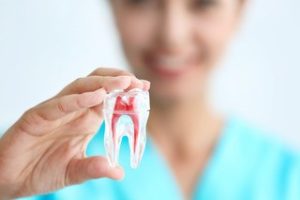
Prav Solanki: So we go from you found this appliance, you made it work, you started shifting teeth, doing less veneers. And fast forward, you assembled an academy.
Dr. Payman Langroudi: Straight talk seminars, I seem to remember.
Dr. Tif Qureshi: It was. And that’s a good time to bring in James Russell and Tim Bradstock-Smith, because they were two of the first people that were actually at the first ‘study club’ where it was just them and me. We had our own little study club, and one week we would talk about a different subject. I think by the time we got to the fifth subject, which was just Inman Aligner, so I’d done composite, and Tim did occlusion, and James did temporary veneers. We were just lecturing to each other. A bit sad really when you think about it.
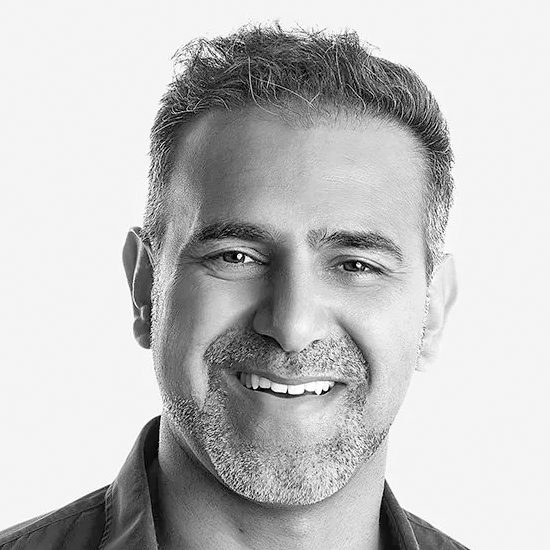
But when Inman Aligner came along, their jaws were on the floor, like, “What the hell is that? Wow.” And all of a sudden they wanted to start to learn how to use it. I kind of coached them on it a little bit. They didn’t need a lot. And then, before we knew it, we were just running a course as a bit of an experiment for a few of the people and a few of the BACD guys, it just suddenly went from there. But it was very rough and very innocent. We were trying to do the right thing, but equally, the way things have changed now, we really developed it to do everything in the right pathway.
Probably the best thing about it was that you can’t really do that much with it. It wasn’t a treatment that could treat a lot of teeth. You could see well, if the back teeth need treatment, it’s not the treatment for it. Simple as that.
It’s the old cliché. If you do the right thing, the money will follow. And it does.
Dr. Payman Langroudi: Do you remember the point where you thought rather than this being a treatment modality, this could be a business?
Dr. Tif Qureshi: I think there was never a contrived pathway for that. And that’s probably a weakness in itself in that we could’ve been much further ahead than we are. But the truth is I think a good few years ago, maybe five or six years ago, I think once we started running courses… In fact, it’s longer than that. We’ve been running courses in Denmark for nearly eight or nine years now. But once we started going abroad, and of course, a lot of that was just you get an invite, and it’s a bit of fun and that sort of stuff.
But once we started going abroad and you started to get a lot of feedback from dentists who were just saying, “This has completely changed the way I’m doing dentistry,” I think we realised that we kind of almost had a responsibility to do something and set something up more official. So we set the support forum all that sort of stuff and it just grew from there.
Now it’s a business and we have to make sure it runs and operates correctly. But there still is very much led by dentists, so we’ve got our ethical hats on the whole time. Sometimes we probably do things which a hardcore business would say, “Don’t do this, do this instead.” But we can’t. We just have to do things that might hold us back in the long run. But ultimately, I’ve got to stand up and look in the mirror, and I know the other guys need to as well. So that’s kind of why we’ve taken it the way we have.
Prav Solanki: So ethics above profits.
Dr. Tif Qureshi: I think that’s always been a good message, not just in what we’re doing, I think in dentistry generally. A lot of people believe that and want to believe it and want to say it louder. It’s the old cliché, if you do the right thing, the money will follow. And it does.
› DIG DEEPER ‹

» eBooks
Read up on the 6 tips that will perfect your anterior resin restorations here.
And to discover how you can achieve the aesthetic results you want when doing a single veneer with a single shade of composite, click here.
» Websites
If you want to learn more about the 2-day hands-on anterior composite masterclass with Dr Dipesh Parmar, click here.

» Training
To become an Enlighten Whitening Expert and get CPD certified for free hit the button below to take our hour-long online training.
» eBooks
Learn how to dramatically increase the number of whitening treatments you do here.
» Websites
Or if you’re interested in knowing more about the Enlighten Teeth Whitening System, then give it a click right here.
» Podcast
Learn how to emulate the success of the movers and shakers in the dental industry from their own mouths, featuring the nuggets of knowledge from likes of Simon Chard, Andrew Moore, Tif Qureshi, Mark Hughes and many more.




